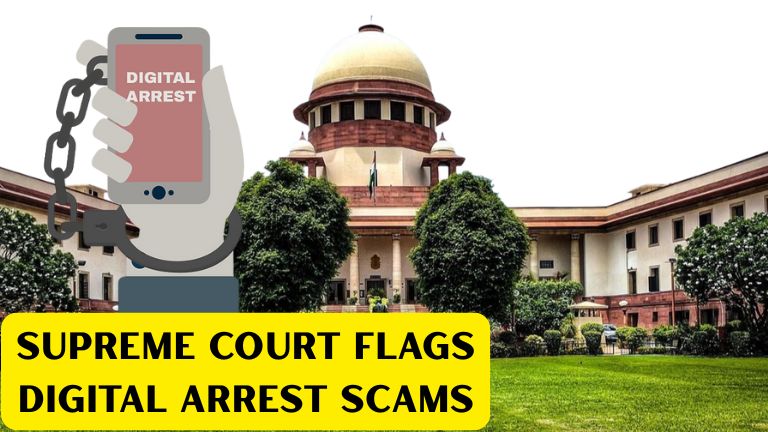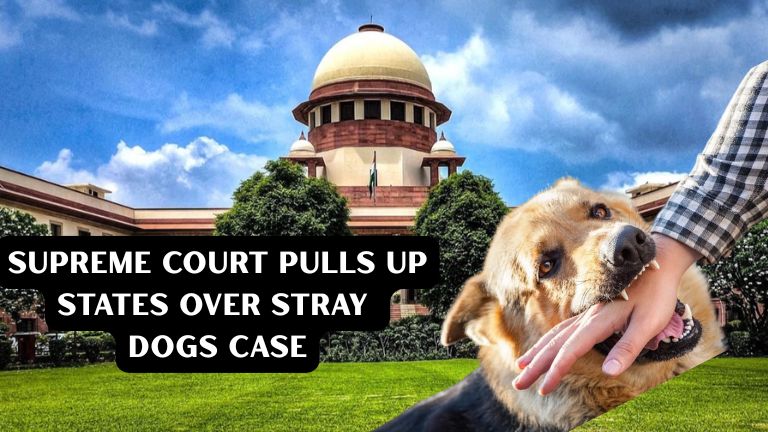@JUDGMENTTAG-ORDER
Budihal R.B., J.—This revision petition is filed by the revision petitioner-accused challenging the legality and correctness of the judgment and
order of conviction dated 19.8.2013 passed by the XVI ACMM, Bengaluru, in C.C. No.11000/2009 and also the judgment and order dated
09.07.2014 passed by the Additional Sessions Judge, FTC-X, Bengaluru in Criminal Appeal No.467/2013.
2. Brief facts of the case of the complainant are that the accused and complainant are well known to each other from considerable time. The
complainant contended that during the month of June, 2008, the accused approached the complainant and requested for the financial assistance to
the tune of Rs.1,00,000/- to meet his domestic problems and other necessities and agreed to pay the same within six months. Believing the words
of the accused, the complainant paid the amount of Rs.1,10,000/-. After the lapse of six months, the complainant approached the accused for
repayment. The accused got issued a cheque bearing No.317302, dated 28.01.2009 for Rs.1,10,000/- drawn on Syndicate Bank, KSRTC
Extension Counter, K.H. Road Branch, Bengaluru, in favour of the complainant. The complainant presented the said cheque for encashment, but,
the same was returned unpaid on 29.01.2009 because of the ''stop payment instruction'' given by the accused. Thereafter, the complainant got
issued legal notice to the accused through his advocate on 16.02.2009 and the same was duly served on the accused. The accused denied the
payment and issuance of the instrument. Hence, the complainant filed a private complaint before the trial Court.
3. In proof of his case, the complainant got examined himself as P.W.1 and three witnesses were examined as P.Ws.2 to 4 and the documents
Exs.P.1 to P.10 got marked. On the side of the accused, D.W.1 was examined and one document Ex.D.1 got marked. After considering the
materials placed on record, both oral and documentary, ultimately, the trial Court held that the accused has committed an offence punishable under
Section 138 of the Negotiable Instruments Act and sentenced him to pay the fine of Rs.1,15,000/-. Being aggrieved by the same, when the
accused preferred an appeal, the first appellate Court, after considering the materials, dismissed the appeal by confirming the judgment and order
passed by the trial Court.
4. Heard the arguments of the learned Counsel appearing on behalf of the revision petitioner-accused. The learned Counsel made submission that
there was no such transaction of accused borrowing the amount of Rs.1,10,000/- from the complainant. It is also submitted that the accused never
issued the cheque in discharge of any debt in favour of the complainant. It is also his contention that as per the defence of the accused, when he
was travelling in KSRTC bus, he lost two cheque leaves and taking undue advantage of the same, the complainant filed a false case against the
accused. The learned Counsel submitted that even with regard to the financial capacity of the complainant to make payment of Rs.1,10,000/-,
there is no satisfactory and acceptable materials placed by the complainant. All these aspects were not properly considered and appreciated by
both the Courts below. Hence, he submitted that the impugned judgment and orders of the Courts below are illegal and they are liable to be set
aside by allowing the revision petition.
5. The respondent and learned Counsel for the respondent both remained absent. No representation.
6. I have perused the grounds urged in the revision petition, the judgment and order of conviction passed by the trial Court so also the first
appellate Court.
7. Looking to the materials placed on record, the evidence part goes to show that the accused has accepted his signature on the cheques. But it is
his contention, by way of defence, that he has lost two cheque leaves when he was travelling and when he went to the police station to give
complaint, the police asked him to go to the bank and give instruction to stop the passing of the said cheques.
8. Looking to the judgment of the trial Court, the trial Court has referred to the evidence of the witnesses examined so also the documents. The
trial Court has also discussed about the presumption under Sections 118 and 139 of the Negotiable Instruments Act. When the accused has
admitted his signature on the instrument and when it has been produced by the complainant before the Court on the next date, it is the burden on
the part of the accused to explain as to how the instrument came into possession of the complainant.
9. In the oral evidence of D.W.1 (accused), even he has is not sure in which bus and at what time, he lost the two cheque leaves. Admittedly, no
complaint was lodged. So the conduct of the revision petitioner-accused is also material in appreciating his defence. If really, the signed cheques
were lost, then he would have immediately approached the police giving the complaint so also approach the concerned bank. When there is no
acceptable rebuttal evidence on the side of the accused person to show as to how the complainant came into possession of the instrument (cheque
leaves) and when there are concurrent findings of the Courts below referring to the evidence placed on record holding that the complainant has
established his case that the accused has borrowed the amount and in discharge of the same, he issued the cheque, this Court in this revision
petition cannot go into all such factual aspects.
10. Perusing the impugned judgment and orders of the Courts below, they are supported by the sound reasons of the Court below. I do not find
any illegality in the said judgments. There are no justifiable grounds to interfere with the judgment and orders of the Courts below. No merit in this
revision petition.
Accordingly, the revision petition is rejected.
11. At this stage, learned Counsel for the revision petitioner-accused submitted that the revision petitioner-accused has deposited the amount of
Rs.34,000/- before the trial Court and for the payment of remaining amount, he submitted that three months time be granted. In view of the said
submission of the learned Counsel and looking to the facts and circumstances of the case, three months time is granted to the revision petitioner to
make payment of the remaining amount before the trial Court.

